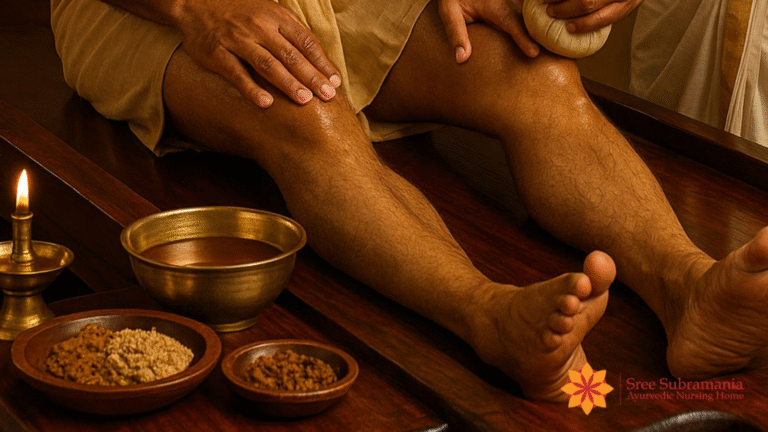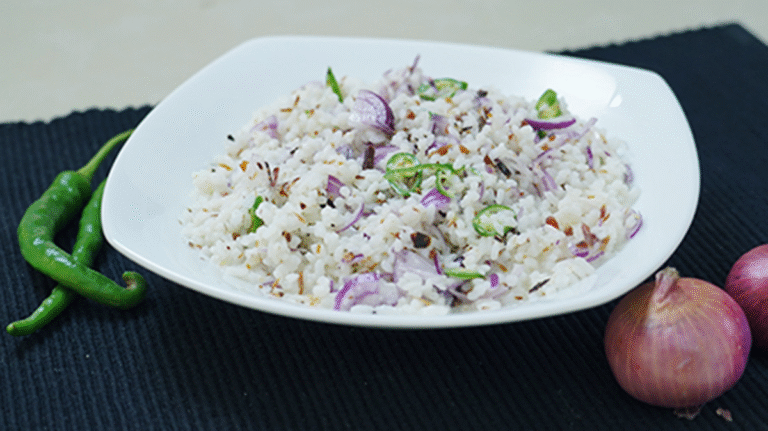Ayurvedic medicine is an ancient form of healthcare that originated in India more than 5,000 years ago. It is based on the belief that health and wellness depend on a delicate balance between the mind, body, and spirit. In recent years, Ayurvedic medicine has gained popularity around the world for its holistic approach to treating a wide range of health conditions.
In Sri Lanka, Ayurvedic medicine is known as Sinhala Ayurveda, and it has a long and rich history dating back to the 5th century BC. Sinhala Ayurveda practitioners follow the same principles as traditional Ayurvedic medicine, with a focus on natural remedies and preventative healthcare.
The Benefits of Sinhala Ayurvedic Medicine
There are many benefits to using Sinhala Ayurvedic medicine for both the treatment and prevention of illness. Some of the most notable benefits include:
- Natural remedies: Sinhala Ayurvedic medicine relies on natural substances such as herbs, minerals, and metals to treat a wide range of health conditions. This means that there are often fewer side effects associated with Sinhala Ayurvedic treatments compared to Western medications.
- Holistic approach: Sinhala Ayurveda practitioners take a holistic approach to healthcare, considering the whole person – mind, body, and spirit – when determining the best course of treatment. This means that treatments may include lifestyle changes, such as diet and exercise, in addition to herbal remedies.
- Prevention: Sinhala Ayurveda places a strong emphasis on preventative care, helping people to maintain good health and prevent illness before it occurs. This includes recommendations for healthy lifestyle choices, such as a balanced diet and regular exercise, as well as herbal remedies to boost immunity.
The Types of Conditions Treated with Sinhala Ayurvedic Medicine
Sinhala Ayurvedic medicine can be used to treat a wide range of health conditions, including:
- Digestive disorders: Sinhala Ayurvedic medicine can be effective in treating digestive disorders such as indigestion, constipation, and diarrhea. Herbal remedies and lifestyle changes, such as a healthy diet and regular exercise, may be recommended to improve digestion and reduce symptoms.
- Respiratory issues: Sinhala Ayurvedic medicine can be helpful in treating respiratory conditions such as asthma and allergies. Herbal remedies may be used to reduce inflammation and improve breathing, while lifestyle changes such as avoiding triggers and practicing relaxation techniques may also be recommended.
- Skin conditions: Sinhala Ayurvedic medicine can be effective in treating a variety of skin conditions, including acne, eczema, and dermatitis. Herbal remedies, such as turmeric and neem, may be used to reduce inflammation and improve skin health, while lifestyle changes, such as using natural skin care products and avoiding harsh chemicals, may also be recommended.
- Stress and anxiety: Sinhala Ayurvedic medicine can be helpful in managing stress and anxiety through a combination of herbal remedies and lifestyle changes. Relaxation techniques, such as meditation and yoga, may be recommended, as well as herbs such as ashwagandha and licorice to reduce stress and improve mood.
The Role of Diet in Sinhala Ayurvedic Medicine
Diet plays a central role in Sinhala Ayurvedic medicine, with practitioners often recommending specific foods and supplements to help improve health and treat specific conditions. In general, a healthy Sinhala Ayurvedic diet includes a balance of all six tastes –sweet, sour, salty, pungent, bitter, and astringent – and emphasizes whole, natural foods such as fruits, vegetables, grains, and legumes. It is also recommended to eat according to one’s unique constitution, or dosha, which is determined by the balance of the elements of space, air, fire, water, and earth in the body.
In addition to whole foods, Sinhala Ayurvedic medicine also uses various herbal supplements and spices to support health and treat specific conditions. Some common herbs and spices used in Sinhala Ayurveda include turmeric, ginger, cinnamon, and cumin. These can be taken as teas, capsules, or incorporated into meals.
Conclusion
Sinhala Ayurvedic medicine is a holistic approach to healthcare that emphasizes natural remedies, preventative care, and a healthy lifestyle. It can be effective in treating a wide range of health conditions and can be a useful complement to Western medicine. By incorporating a balance of whole, natural foods and herbs into their diet and lifestyle, individuals can improve their overall health and well-being.




